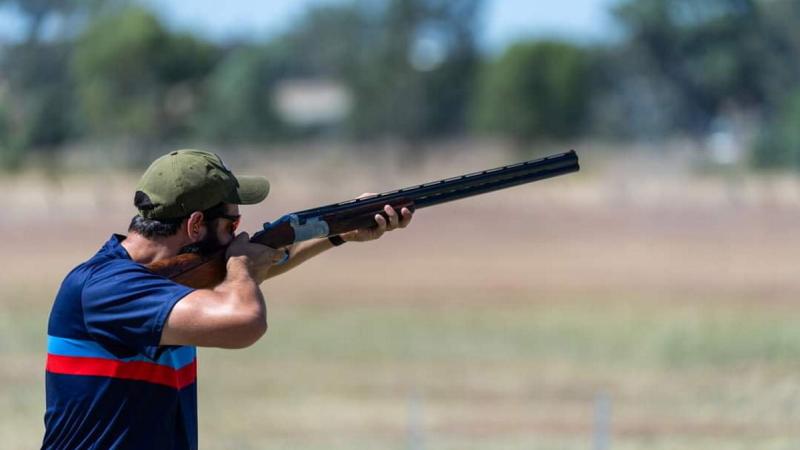The Australian Research Council (ARC) will support an additional 6 research fellowships projects under previously announced schemes, following the conclusion of the ARC’s appeals process.
ARC Chief Executive Officer, Professor Sue Thomas, has welcomed Minister for Education and Youth the Hon Alan Tudge MP’s approval of additional projects recommended for funding through the ARC’s 2021 Discovery Early Career Researcher Award (DECRA) and 2022 ARC Future Fellowships schemes.
Professor Thomas said the projects were amongst 32 projects initially ruled ineligible in their grants rounds due to the inclusion of preprints in their applications-which was not allowed under the rules of their funding scheme in place at the time.
The outcome of the ARC Appeals Committee was to rule them eligible, which meant that 6 projects that had been ranked highly in the ARC’s grants assessment process were then able to be recommended for funding by the ARC CEO.
“Taking the ARC Appeals Committee ruling into account, I recommended these 6 applications to the Minister for funding as additional grants under their applicable schemes, and these have now been approved, and their important research can get underway,” said Professor Thomas.
There is existing funding available in the ARC funding schemes to fund these additional 6 projects under the 2022 Future Fellowships and 2021 Discovery Early Career Researcher Awards schemes, announced in August 2021.
“I can also confirm that all unsuccessful applications ruled eligible through the ARC appeals process-but remaining unsuccessful due to their ranking in the competitive assessment process-have been provided the opportunity to reapply again for a fellowship, if they had used their allowed limited times to apply,” Professor Thomas added.
The additional 6 funded projects to get underway include:
- Dr Caroline Foster, with The University of New South Wales, will lead a $727,138 Future Fellowship project to leverage a new dataset that will help address how galaxies form and evolve across cosmic time.
- Dr Mikolaj Schmidt, from Macquarie University, will lead a $439,000 DECRA project to build a platform for quantum acoustic technology that will help the way drugs are developed, new materials for high-tech industries and better secure data.
- Dr Ciaran O’Hare from The University of Sydney will lead a $419,845 DECRA project that aims to connect the particle and astrophysics of dark matter, to accelerate us towards its first detection in the lab.
- Dr Nora Tischler from Griffith University will lead a $433,182 DECRA project to advance quantum networking and computation to produce key resources for the quantum internet of the future.
- Dr Simon Stevenson from Swinburne University of Technology will lead a $421,540 DECRA project to discover the astrophysical origin of gravitational waves, calculating the properties of neutron stars and black holes using state-of-the-art simulations on supercomputers.
- Dr Manisha Caleb from Swinburne University of Technology will lead a $435,000 DECRA project to use fast radio bursts to investigate the nature of stars and matter outside our galaxy.
More details on the outcomes of the ARC Appeals Committee about the eligibility ruling is also available here on the ARC website.
Details about all ARC funding outcomes, including project details, are available from the ARC’s funding announcements page.






